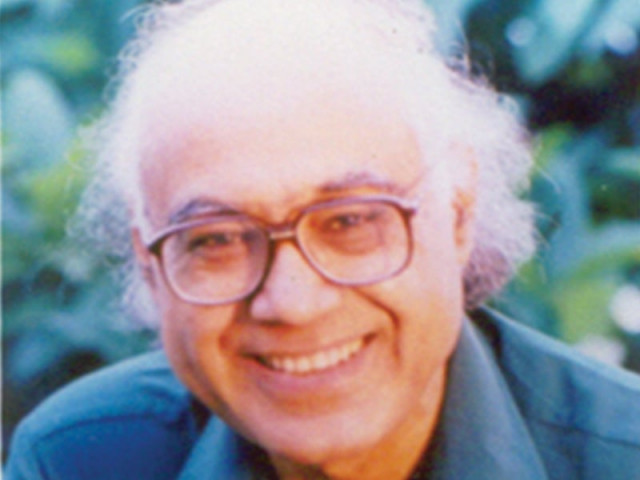Governance in Pakistan: ‘Why Pakistan’s muddled (middle) class needs clarity’
The country’s size is half after Bangladesh separated but the bureaucracy has doubled.

“One of Pakistan’s biggest problems is that the ever-growing middle class does not know what they want which is why I like to call them the ‘muddled class’,” said former chief secretary of Sindh Tasneem Ahmed Siddiqui.
Speaking at a seminar titled ‘Governance in Pakistan’ at the Institute of Engineers Pakistan on Thursday, Siddiqui explained why the middle class’s indecisiveness is the root cause of many evils seeping into society.
“The problem is this muddled class is unwilling to let go of either worlds. On one hand they are very liberal and progressive, many receiving their education abroad, meanwhile a majority of them remain in favour of the Shariat and want to see it enforced in society.” This is how fundamentalism seeps into society.
Siddiqui urged people to be clear regarding their political and religious affiliations. “People need to decide whether they want the Shariat or not? Or do they want democracy or not? And if they do, what kind of a democracy are they in favour of? Further, and perhaps most important is, are they willing to play their part for the type of society they want to live in or will they continue to sit on the sidelines and criticise?”
According to Siddiqui, society is equally if not more to blame for the ‘acceptance of corruption’.
Using engineers and architects as examples he said, “While preparing plans and budgets they [engineers and architects] keep a certain allocation for bribes, sure they may pass on the amount to the customer, but it is still being paid.
This must stop and that requires a collective effort. If people only keep thinking about themselves and their business, this comfort and acceptance of corruption of bribes will never end but will just get worse.”
Siddiqui, who has held the post of director-general for Sindh Katchi Abadis, pointed out that the highest level of corruption is seen in the development sector. “By my estimates, for example, out of Rs100 at least 80% ‘disappears’.”
The country’s bureaucracy urgently needs to be restructured as well as the judiciary. “The country’s size is half after Bangladesh separated but the bureaucracy has doubled. Most of the money is spent here or on the military, leaving very little for the nation. Meanwhile, even the judiciary just has a 1% or 2% conviction rate. We see them focusing on more cases with political agendas and media hype than the regular pile-up.”
Contrary to public opinion, Siddiqui says that Pakistanis are not dying of hunger like many people in India. “Our problem is the quality of food i.e. malnutrition not starvation.”
But there is a positive side. “Fifty-five per cent of the population is under 25 years. This is a huge resource. If we technically train them and develop our skilled labour there is a great deal we can achieve economically.”
Further, capitalising on the information age, many people both in urban and rural areas have become more aware of problems in society and its solutions.
There is also a realisation that the state not doing enough and civil society is stepping in to offer their services for economic and social betterment.
Published in The Express Tribune, July 1st, 2011.



















COMMENTS
Comments are moderated and generally will be posted if they are on-topic and not abusive.
For more information, please see our Comments FAQ